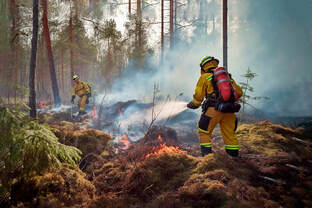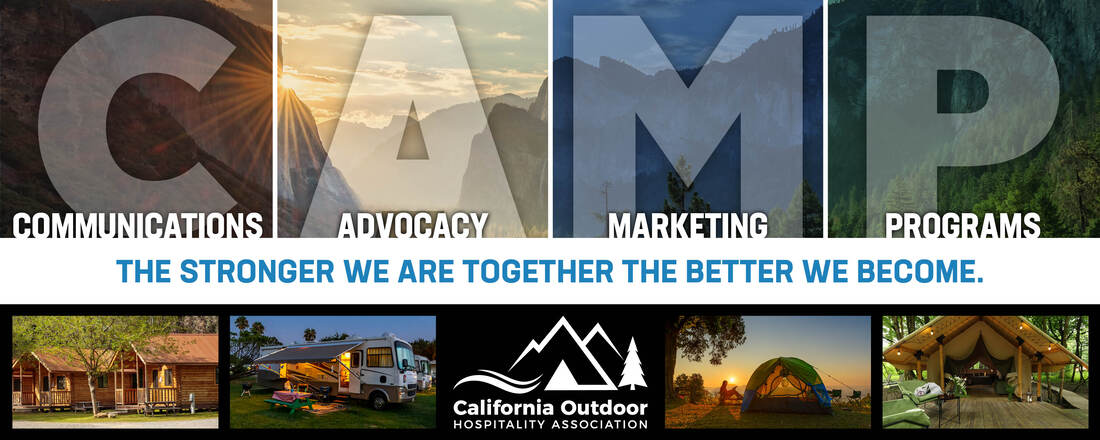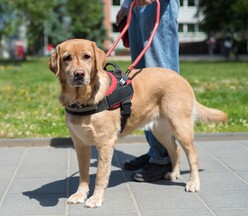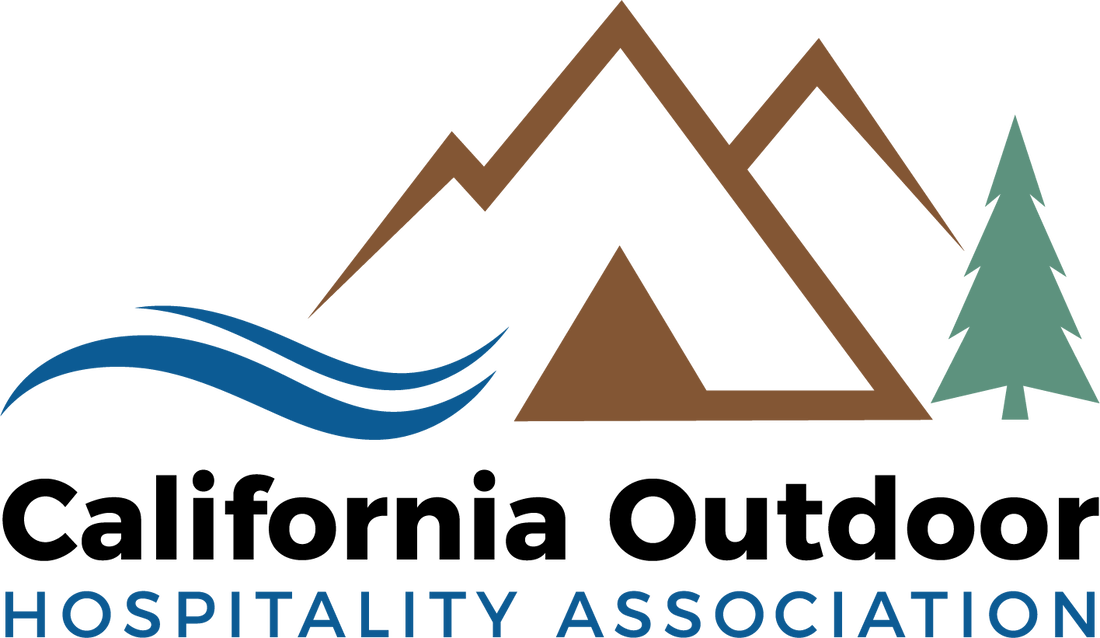 After a long, harsh winter, California now faces a dangerous summer of unpredictable wildfires and climate change. Wildfire numbers across the United States have continuously grown since 2000, but California wildfires in particular are escalating and becoming more and more unpredictable. After a rough winter of heavy snowfall and rain, vegetation is blooming. While this may sound like just what we needed after the worst drought in over a millennium, flourishing greenery serves as an effective kindling for summer wildfires. Cal Fire crews are trying to outsmart these erratic fires with fire behaviorists, who use everything from drones and radar to artificial intelligence models to try and predict how the blazes will move. The smallest of factors can change its course, like wind force or even the shape of slopes. In the end, however, trying to predict something so arbitrary is oftentimes unsuccessful. Adding to the unpredictability of this year’s wildfire season is the drastic heat waves as a result of climate change. The last two weekends have reached triple digits, and there doesn’t look to be any relief for the remainder of the summer. These heat waves not only keep flames burning overnight (during the crucial hours when firefighters try to get ahead of them), they put California residents in danger as well. The key takeaway from the radical start to this summer is to stay safe. Keep updated with wildfires throughout the state and keep yourself and your workers safe from the heat outside. Read the full article from CalMatters! For more information about wildfire safety as well as protecting outdoor workers from heat illnesses, check out these CalOHA articles!
0 Comments
 The California Outdoor Hospitality Association (CalOHA) is one of the nation’s leading associations for RV parks, campgrounds, outdoor resorts, and glamping establishments. CalOHA provides members with the tools, resources, and programs they need to be successful while ensuring that outdoor hospitality is a valued and recognized segment of travel and tourism. We work to promote the growth and development of the industry through our four pillars of success: Communications, Advocacy, Marketing, and Programs. Our mission is to promote and protect California RV parks and campgrounds and help them be profitable while they provide a positive experience for the camping consumer. CalOHA delivers a high-level member support team as we encourage support and unity from non-member parks and industry partners alike. Through extensive member promotion, education, cost-saving programs, and legislative advocacy, CalOHA is here to serve our members and promote the growth and development of the outdoor hospitality industry. We strive to be a one-stop-shop for owners and operators. As the industry expands so must we or risk becoming obsolete. We must diversify to grow but also remain true to our vision. Consistently at the heart of our organization is a steadfast commitment to an industry that is thriving amongst an ever-changing landscape. Yet we remain an underserved segment of travel and tourism. The California Outdoor Hospitality Association represents unity within our industry. The more robust the industry we represent the greater our visibility and relevance in the travel and tourism sector. Without our members, our association would not be able to function as it does; the support of our members allows us to continue fighting, advocating, and promoting growth for the future of the outdoor hospitality industry. We invite our members to share our membership brochure that outlines our programs and benefits offered to members designed to help them operate successfully and easily engage with consumers. On top of benefits and programs, members receive listings in both our consumer-facing publication, the Camper’s Guide to California, and on our consumer website, Camp-California.com.  It was a long legislative day yesterday, but as of 8:16 pm we had our vote on AB 1472 (Alvarez – San Diego). AB 1472 set to fine parks for allowing reregistration of tenants under the assumption that the only reason they were asked to leave was to prevent residency. CalOHA, along with our lobbyist, Andrew Govenar, representatives from Terra Vista Mgmt, Santee Lakes Recreation District, and the Western Fairs Association opposed the legislation in a challenging battle that pit RV parks against affordable housing. AB 1472 was heard by the Senate Judiciary Committee on June 27th. At that time the committee instructed the Asm to work with opposition on amendments and bring it back for a vote only on July 11th. It is anyone’s guess as to why the Asm took the path he did, but the bill was brought back to committee with no amendments and no attempt to work with opposition. AB 1472 failed in Senate Judiciary Committee as a vote only 2-6 on July 11th. Senators Weiner (San Francisco) and Durazo (Los Angeles) voted Aye. Senators Umberg (Anaheim), Ashby, (Sacramento), Min (Orange), Laird (Central Coast), Neillo (Elk Grove to Yuba City), Caballero (Fresno) voted NO. Wilk (Palmdale/Lancaster), Allen (LA Ventura coast) and Stern (Ventura County) abstained. Senator Laird moved for reconsideration, and it was granted, meaning that Asm Alvarez can bring the bill back in the spring. However, the strong opposition from the committee would indicate a full need to gut and amend before presenting to the committee again. It is likely that the bill will be brought back to committee in some form and unlikely the Asm will work with opposition. However, this is just the beginning of what could be more legislation between RV parks and housing issues. As an industry we need to look to the future and what direction we should take to protect our parks. 20+ years ago the founders of CalOHA took the initiative to write SOPA. Now it is time to rethink RV parks and where we want to land for the next 20 years. Please take a moment to thank the Senators, especially if they are in your district, for their support of RV parks and campgrounds throughout California. Need to find your representatives?  It can sometimes be difficult to determine whether a guest’s animal is an ADA service animal or just a pet. CalOHA, with the help of Hart Kienle Pentecost, is here to help explain the differences. Our White Paper series, located in the Document Library, outline The American Disability Act (ADA) regulations to clarify the definitions of both service animals and companion animals plus the reasonable accommodations that businesses are required to provide. A service animal is defined as: “any dog that is individually trained to do work or perform tasks for the benefit of an individual with a disability, including a physical, sensory, psychiatric, intellectual, or other mental disability. Other species of animals, whether wild or domestic, trained, or untrained, are not service animals for the purposes of this definition. The work or tasks performed by a service animal must be directly related to the handler´s disability.” In essence, this means a service animal is not a pet. Specifically, a service animal is a dog (with very limited exceptions) which has been trained to perform work or tasks and provide assistance to a person with a disability. Businesses are also required to make reasonable accommodations to not only the disabled person, but their service animal as well, should they require one. The biggest inquiry we receive about service animals is what questions you as a park owner are legally allowed/not allowed to ask to determine if the animal being brought into the park is indeed a service animal or a pet. The ADA regulation has two rules: 1. You cannot ask for certification or licensing. The ADA does not require certification as part of the service animal definition. 2. You can ask, in a non-offensive manner, if the animal is required for a disability and, if so, what tasks it is trained to perform. However, if the animal’s service tasks are obvious, these questions should not be asked. Service animals may also be removed from your premises under limited circumstances. Should there be a legitimate reason to ask the service animal to be removed, the park must offer the person with the disability the opportunity to stay without the animal’s presence. To view the full ADA Service Animal White Paper, including sample guidelines for guests, check out the CalOHA Document Library! |
Check out more blog posts!
Categories
All
Archives
June 2024
|
|
2023 Copyright California Outdoor Hospitality Association. All Rights Reserved.
319 Nevada Street | Auburn, CA 95603 Phone: (530) 885-1624 | [email protected] | sitemap |

